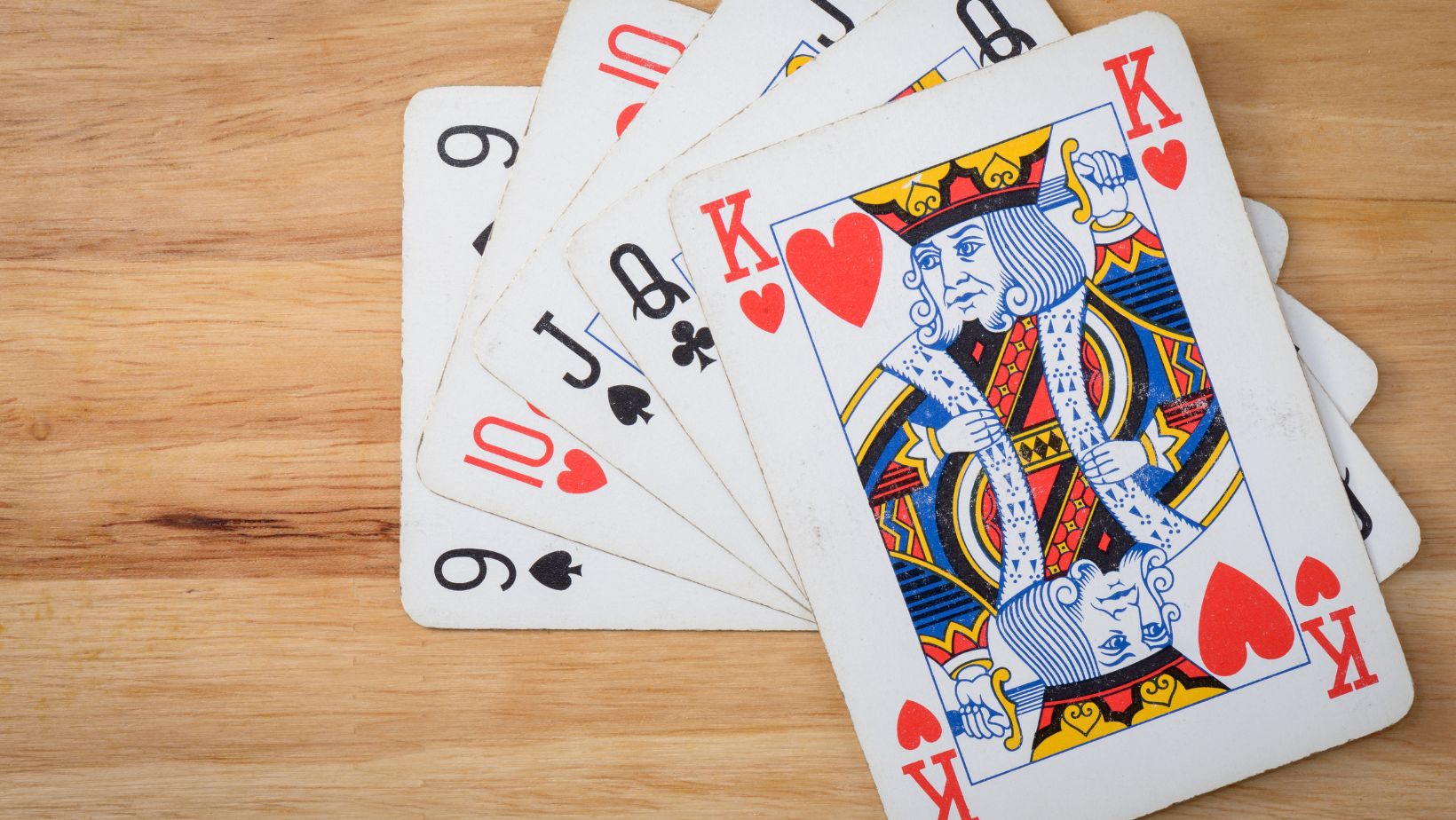Commercial kitchen budgets have evolved in 2025. Energy standards are stricter, inflation pressures are easing but persistent, and operators are rethinking capital investments to preserve liquidity. For both first-time restaurateurs and those scaling existing concepts, equipment decisions are no longer just about what fits the space—they define margins, efficiency, and long-term growth potential.
Step One: Define the Scope of Your Operation
Before allocating a single dollar, clarify your operational model. A full-service restaurant, bakery, or food truck each requires different budget frameworks. Start by mapping core needs based on:
- Volume expectations for daily meal service and prep
- Menu complexity, including specialty equipment for signature dishes
- Storage requirements for perishable and frozen items
- Kitchen layout efficiency for prep lines and cook stations
- Utility capacity to support heavy electrical and gas loads
A well-defined scope avoids overbuying early and keeps the budget in line with the real output potential.
Step Two: Prioritize High-Impact Equipment
Restaurants often overspend by spreading budgets too thin across low-impact items. Instead, focus first on high-impact categories that drive food quality, safety, and consistency. Typical top-tier items include:
- Refrigeration systems for cold storage and prep lines
- Cooking equipment such as convection ovens, charbroilers, and fryers
- Ventilation and hood systems that regulate temperature and safety
- Dishwashers and sanitation units that maintain compliance standards
Refrigeration consistently ranks among the most significant capital costs. To evaluate energy use and total cost of ownership, compare specifications and efficiency ratings using reputable suppliers like True Refrigeration (products for restaurants). To evaluate energy use and total cost of ownership, compare specifications and efficiency ratings from reputable suppliers such as True Refrigeration, which offers reliable products for restaurants.
Models that reduce kilowatt consumption while maintaining consistent temperature control can yield measurable annual savings on utilities.
Step Three: Capital Expenditures vs. Operating Expenses
Commercial kitchen equipment falls into two main spending categories: capital expenditures and operating expenses. CapEx covers major, long-term assets like ovens, fryers, or dish machines, while OpEx includes recurring costs such as service contracts, utilities, and leasing fees.
Choosing between CapEx and OpEx depends on liquidity goals. Purchasing upfront delivers ownership and depreciation advantages but ties up cash. Leasing may preserve capital and simplify monthly forecasting, but it raises lifetime costs. Many new restaurant owners mix both, buying core assets while leasing non-essential or quickly depreciating items like beverage coolers or point-of-sale terminals.
Step Four: Lease vs. Buy; Know Your Financial Leverage
The lease-versus-buy decision should account for projected growth, financing options, and tax positioning. Buying works best when:
- You plan to operate in the same space for five years or longer
- You can secure low-interest loans or favorable supplier terms
- The asset maintains strong resale value in the secondary market
- You intend to claim Section 179 deductions for accelerated depreciation
Leasing appeals to operators seeking agility, offering benefits such as:
- Predictable monthly payments that aid short-term cash flow
- Easy upgrades when technology or standards change
- Maintenance coverage is built into the lease contract
- Lower upfront capital demands when scaling multiple locations
In 2025, hybrid financing models are increasingly popular, blending ownership for core cooking equipment with short-term leasing for tech-driven tools like smart ovens and refrigeration sensors.
Step Five: Model Cash Flow Around Utility and Maintenance Costs
A common budgeting pitfall is underestimating ongoing expenses. Maintenance, energy consumption, and unexpected downtime directly affect profitability. Build an accurate model by reviewing:
- Average local energy rates over the past two years
- Projected increases in gas and electric tariffs through 2026
- Maintenance intervals for each major piece of equipment
- Warranty coverage and extended service options from manufacturers
- Backup capital reserves for emergency repairs
Step Six: Leverage Section 179 and Energy Efficiency Incentives
Section 179 of the IRS tax code allows restaurants to deduct the full purchase price of qualifying equipment within the year it is placed into service.
This deduction can substantially offset upfront investments. To maximize the benefit:
- Work with an accountant to determine eligible categories
- Time purchases before year-end to capture same-year depreciation
- Include used and refurbished equipment that meets current IRS standards
- Cross-check state and local rebate programs tied to energy-efficient models
Step Seven: Compare Supplier Pricing and Warranty Value
With global supply chains stabilized in 2025, restaurateurs have regained negotiating power. Take time to compare offers from multiple suppliers, factoring not just sticker price but also logistics, warranty, and delivery times. Evaluate options through trusted distributors such as Restaurant Supply, which curates a range of commercial-grade equipment suited to both startups and expanding operations.
Step Eight: Account for the Total Cost of Ownership
Beyond the purchase price, the total cost of ownership reveals the equipment’s real financial footprint. A high-efficiency refrigerator that uses 20 percent less power could offset its higher initial cost within two years. To calculate TCO, include:
- Upfront purchase or lease expense
- Annual energy use and projected rate increases
- Service contracts, labor hours, and consumable parts
- Depreciation schedules and resale potential
Step Nine: Build a Scalable Budget Framework
For restaurateurs eyeing growth, scalability must anchor the 2025 budgeting process. Consider creating modular cost tiers to match business stages:
- Startup Tier: Essential cooking, cooling, and sanitation units that secure basic operations
- Growth Tier: Productivity-enhancing gear like combination ovens or conveyor systems
- Optimization Tier: Energy management systems, digital sensors, and sustainable upgrades
Streamlining the Process
Budgeting commercial kitchen equipment in 2025 is not just about cost control; it’s about strategic foresight. A strong plan balances ownership with flexibility, rewards efficiency, and reflects long-term operational discipline.



















